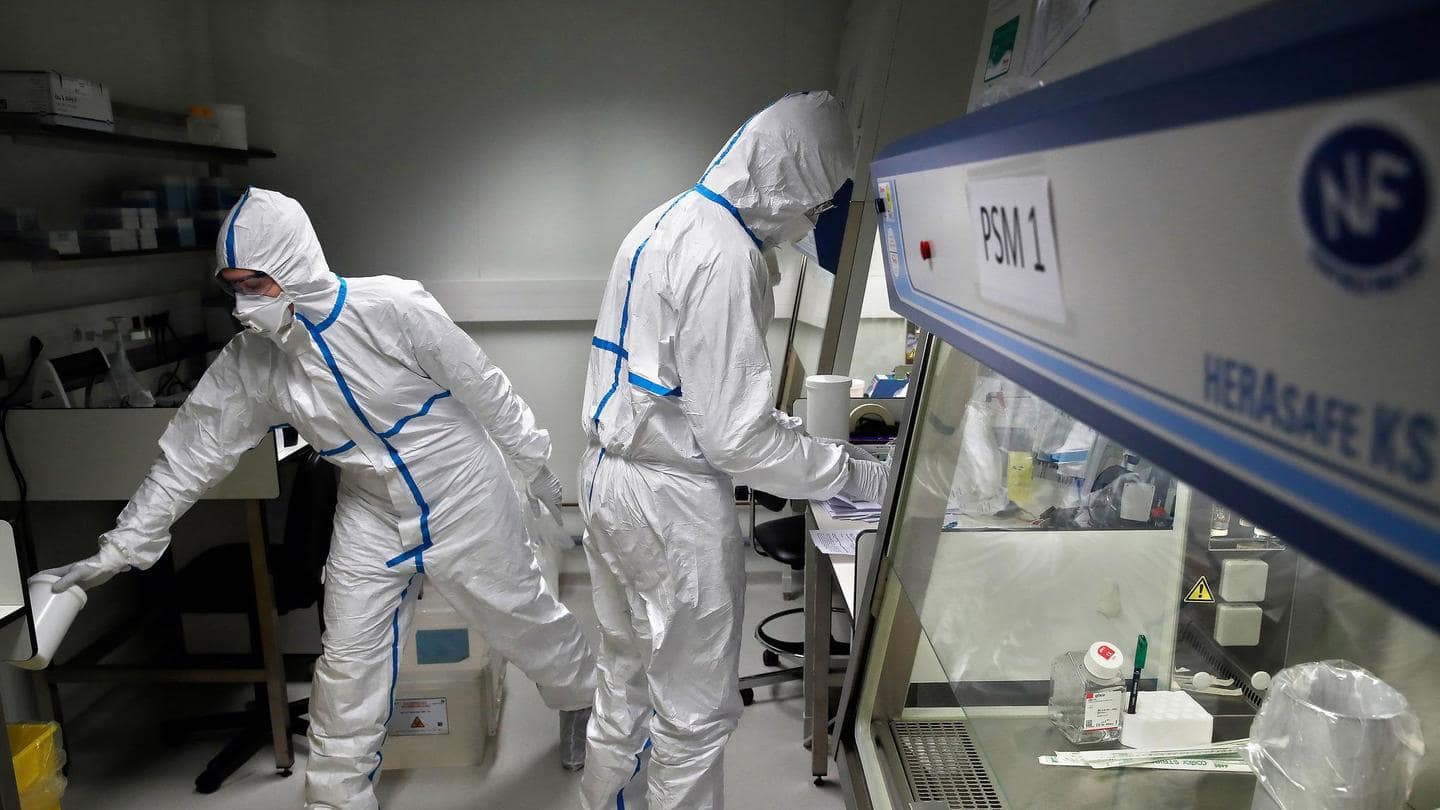
Gargle lavage method to detect COVID-19 should be implemented: AIIMS-RDA
What's the story
The Resident Doctors Association of the AIIMS on Sunday wrote to Union Health Minister Dr. Harsh Vardhan urging him to implement the gargle lavage method in detection of COVID-19 and also give due credit to researchers of the hospital and Translational Health Science and Technology Institute (THSTI) for this diagnosis.
The THSTI is an institute under the Department of Biotechnology.
Research
AIIMS and THSTI validated gargle lavage method last year
"A research paper published last year by a team of doctors at AllMS, Delhi, and research scientists at THSTI, Faridabad had already validated gargle lavage as a viable alternative to traditional swab testing," AIIMS RDA President Amandeep Singh said in a letter.
He said AIIMS and THSTI researchers had the first insights to collect samples for COVID-19 diagnosis in the form of gargled-saline water.
CSIR-NEERI
CSIR-NEERI scientists have announced a similar testing method
Earlier this week, the Nagpur-based National Environmental Engineering Research Institute (NEERI) under the Council of Scientific and Industrial Research (CSIR) announced the development of an innovative patient-friendly saline gargle RT-PCR testing method.
"Even though CSIR-NEERI scientists' effort is commendable as it makes testing more cost-effective, however, their work is yet to be published," Singh said.
AIIMS-THSTI
AIIMS-THSTI should be given due credit for their work: Singh
"It is pretty discouraging for young researchers and resident doctors of the AIIMS, New Delhi that their work went unnoticed," Singh said talking about CSIR-NEERI research. Earlier, adaptation by the ICMR could have saved a lot of resources, money, and workforce, he stressed.
"We request the due acknowledgment of AIIMS and THSTI's young researchers. They already developed this technique a year ago," he added.
Further details
AIIMS had published a follow-up paper incorporating ICMR's inputs
In June last year, the AIIMS and THSTI team presented the research to top officials at ICMR Delhi, Singh said.
Based on the inputs, researchers did another study to evaluate the stability of viral genetic material in normal saline for extended periods.
The AIIMS had submitted a follow-up research paper in October 2020. The paper was already accepted for publication in April, he added.